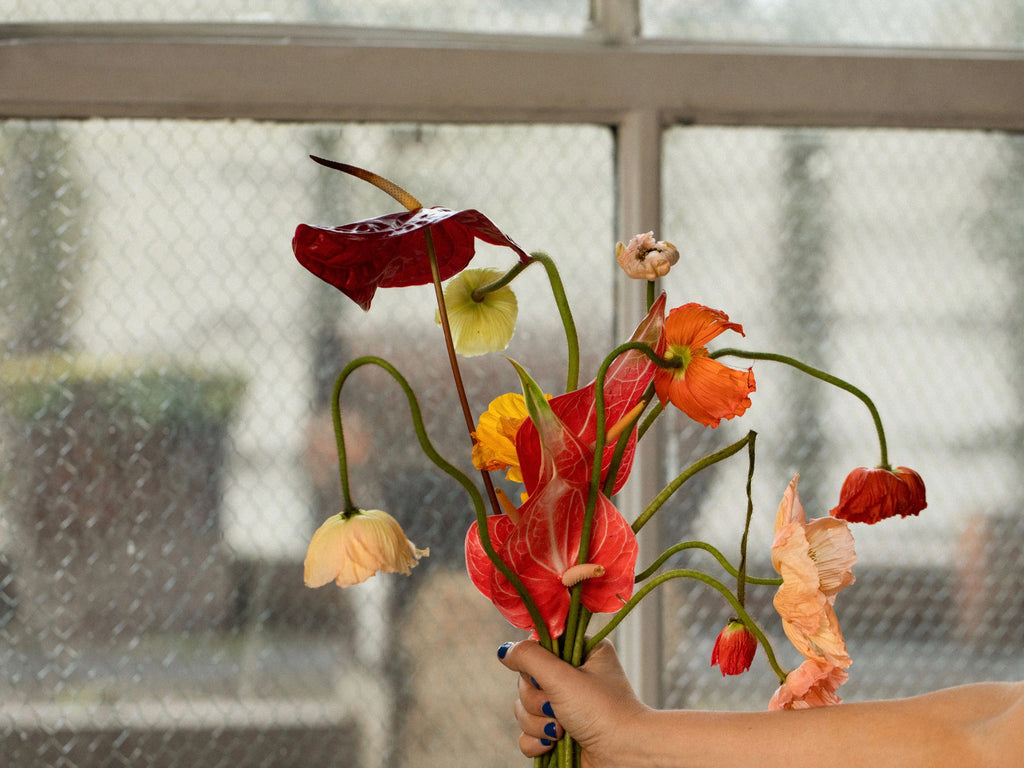Can Love and Autonomy Co-Exist?
Unpacking an age-old dilemma with a philosophical approach.
British Columbia-based Kay and Ernie Sievewright were married for 55 years, and when their health began to fail, they decided to apply for medically-assisted death together. Doctors deemed them both eligible for the procedure, but ultimately declined their request to die at the same time. Stressing that the request needs to be voluntary, the Canadian Medical Protective Association, put forth that “it may well be that one member of the couple is being influenced by the other member of the couple, and the reason why they are agreeing to the pact is not entirely without influence.”
It’s often thought that loving another person is a threat to one’s autonomy. That one person comes to feel the way they do about things, in part, because of the influence of their partner. In the Phaedrus, Socrates’ first speech recounts the orator Lysias’ view that lovers are out of control in a way that contravenes their autonomy. In other words, those who find themselves in love are overpowered by their desire to be close to their beloved, so they do things that they otherwise would not do (calling in sick for the third consecutive day just to spend more time together is a good example). Everyone has a desire to foster closeness to others, but in the case of lovers – at least in Lysias’ view – these desires supersede our better judgments.
"Everyone has a desire to foster closeness to others, but in the case of lovers, these desires supersede our better judgments"
On the face of it, it makes sense that we feel tension between love and autonomy (in the sense that you’re the sole person in the driver’s seat when it comes to critical aspects of your own life). It isn’t untrue that we factor our partners into the decision-making process. For philosopher Andrea Westlund, she construes love to mean mutual answerability, whereby we hold ourselves accountable to our partner’s point of view. When we’re presented with career advancement opportunities, for example, we often prioritize – or at the very least consider – the views and interests of our partners. We ask ourselves, will additional time at work negatively affect our relationship? Will relocation impact our bond?
Sure, we might worry that, at times, our personal goals (like professional success) may be incompatible with our partner’s. The worry that we lose ourselves in a relationship by virtue of compromise is not uncommon. At a time where the norm has changed, and women in particular have fought hard for the right to exercise full autonomy, it can almost feel like a duty to refuse to make certain compromises. But, when it comes to making decisions in the context of mutual love and respect, is it fair to suggest that we forsake autonomy in order to consider the people we love? If a person for whom family is central to their existence, does it not follow that consideration of a loved one is part of being autonomous?
"We might worry that our personal goals (like professional success) may be incompatible with our partner’s. The worry that we lose ourselves in a relationship by virtue of compromise is not uncommon"
As philosopher Robert Nozick sees it, “the people you love are included inside your boundaries such that their well-being is your own.” It would seem, then, that mutual love wherein each party’s well-being becomes the other’s own; personal goals, ambitions, and interests intermingle and belong, jointly, to both. Though we may never know the true motivation behind the Sievewrights’ decision, we can take it as being within the boundaries of their own respective well-beings.
We can take Harry Frankfurt’s work to come to understand this even better when he said: “the apparent discrepancy or conflict between pursuing one’s own interests and being selflessly devoted to the interest of another disappears, in the case of love, once it is understood that what serves the self-interest of the lover is, precisely, his selflessness.”
An alternative view is that, what enables people to be autonomous is not isolation, but relationships. According to a growing body of scientific research, Dr. Helen Riess tells us that relationships – and the love experienced within them – motivates us to take better care of ourselves. Studies suggest that couples hold each other accountable to healthier lifestyles and sticking to personal goals, to the point that lifelong benefits are largely explained by consistent emotional support. In fact, a study from Washington University found that a partner’s personality influences the other’s to the point that they’re critical to the other achieving professional success. Participants in the study that scored the highest on measures of career success tended to have a partner that scored high for conscientiousness. This finding is reflected in the philosophy of Nora Kreft, who argues that love is simply a desire for a deep and open-ended conversation where each is conscientious of the other’s perspectives, and at times, may be influenced (positively) by them.
"Studies suggest that couples hold each other accountable to healthier lifestyles and sticking to personal goals, to the point that lifelong benefits are largely explained by consistent emotional support"
In his second speech in the Phaedrus, Socrates reacts to Lysias, and argues that even though it might sometimes appear otherwise, loving another person is essentially beneficial to our autonomy. That is, lovers are mutually influenced to revisit previous judgments and reconsider new ideas of good and bad, true and false. If anything, love helps us to emancipate ourselves in such a way that we grow and evolve. Socrates compares the soul to a charioteer driving a chariot with a winged horse. For Socrates, falling in love is like the wings of the horse growing feathers so it can fly – love ultimately furnishes the soul so it can go where it wants to go, and do what it wants to do.
This post is tagged as:
You may also like...
The Latest
People & Places
How Ara Katz is Redefining “Self-Care” as Rooted in Science with Seed
The co-founder, mother, and self-proclaimed serial entrepreneur unpacks her philosophy on what it means to be well. Ara Katz hates the word “success”. Not because of its listed definition in a di...

Do Good Werk
9 Passive-Aggressive Email Phrases That Are Basically Evil
A Rosetta Stone for every time you want to :’).

Woo Woo
Get to Know Your Astrological Birth Chart
How to find meaning in the stars — and what it means for you.

People & Places
The 5 Best Places In New York To Meet Your Next Investor
Where to rub shoulders with the city's movers and shakers.

Do Good Werk
10 Unhealthy Thoughts You Convince Yourself Are True as a Freelancer
If you work alone, you might be particularly susceptible to distorted thoughts that hurt your mental health.

People & Places
Creating a Conference-Meets-Summer-Camp for Adult Creatives
An interview with Likeminds founders Rachael Yaeger and Zach Pollakoff This past September, I sat in front of an obituary I wrote for myself after a session with a death doula. No, I didn’t know w...

People & Places
When Something Golde Stays: An Interview with Golde’s Co-CEOs
“For us it was never a question,” says Issey Kobori, speaking of the decision to build a business with his partner Trinity Mouzon Wofford. At just shy of 27, Kobori and Wofford have secured a host ...

Better Yourself
Are They Toxic? Or Are They Human?
There’s a difference between putting up boundaries and putting up walls, and the latter is what breaks relationships.

Do Good Werk
How To Combat Seasonal Affective Disorder At Work
Here’s what to do if seasonal affective disorder starts to take a toll at the office.

People & Places
Reclaiming Womxn's Wellness Spaces from a White-Dominated World
How The Villij built a collective that their community can connect to.









